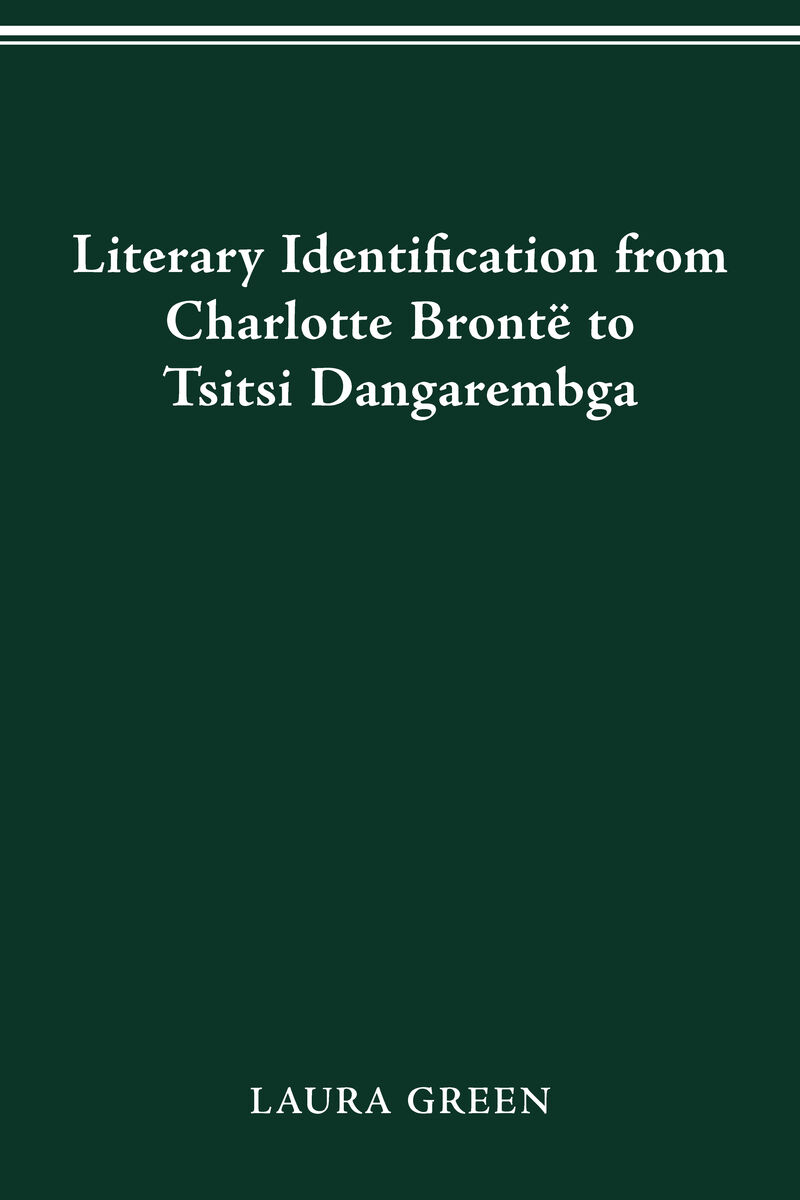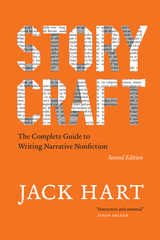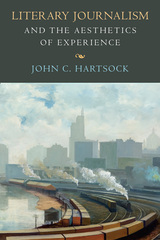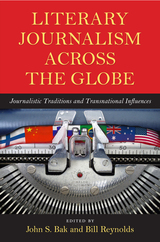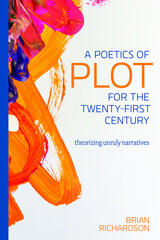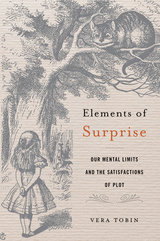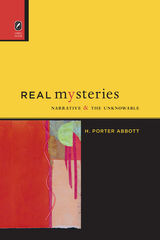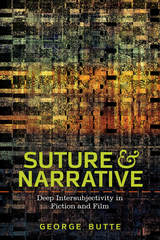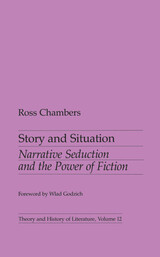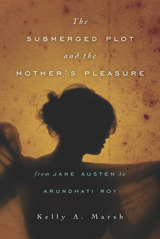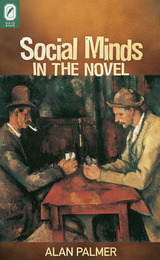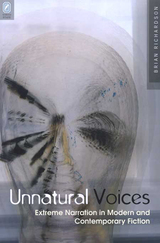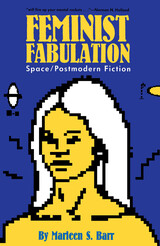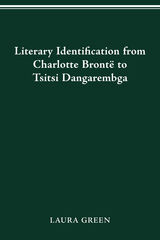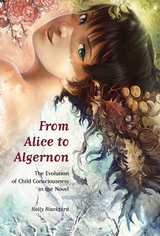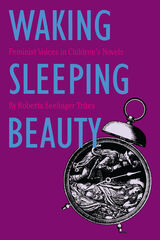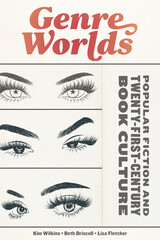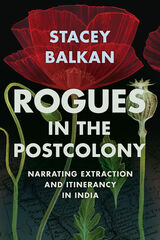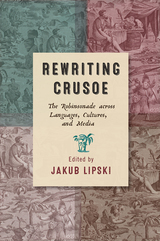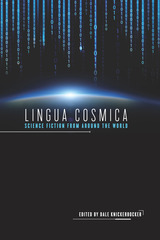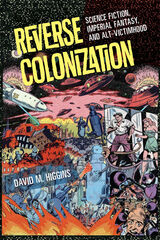Literary Identification from Charlotte Brontë to Tsitsi Dangarembga
The Ohio State University Press, 2012
Paper: 978-0-8142-5639-8 | eISBN: 978-0-8142-7939-7 | Cloth: 978-0-8142-1199-1
Library of Congress Classification PN3401.G74 2012
Dewey Decimal Classification 809.393522
Paper: 978-0-8142-5639-8 | eISBN: 978-0-8142-7939-7 | Cloth: 978-0-8142-1199-1
Library of Congress Classification PN3401.G74 2012
Dewey Decimal Classification 809.393522
ABOUT THIS BOOK | AUTHOR BIOGRAPHY | REVIEWS | TOC
ABOUT THIS BOOK
Literary Identification from Charlotte Brontë to Tsitsi Dangarembga, by Laura Green, seeks to account for the persistent popularity of the novel of formation, from nineteenth-century English through contemporary Anglophone literature. Through her reading of novels, memoirs, and essays by nineteenth-, twentieth-, and twenty-first-century women writers, Green shows how this genre reproduces itself in the elaboration of bonds between and among readers, characters, and authors that she classifies collectively as “literary identification.” Particular literary identifications may be structured by historical and cultural change or difference, but literary identification continues to undergird the novel of formation in new and evolving contexts.
The two nineteenth-century English authors discussed in this book, Charlotte Brontë and George Eliot, established the conventions of the novel of female formation. Their twentieth-century English descendants, Virginia Woolf, Radclyffe Hall, and, Jeanette Winterson, challenge the dominance of heterosexuality in such narratives. In twentieth- and twenty-first-century narratives by Simone de Beauvoir, Jamaica Kincaid, and Tsitsi Dangarembga, the female subject is shaped not only by gender conventions but also by colonial and postcolonial conflict and national identity..
For many contemporary critics and theorists, identification is a middlebrow or feminized reading response or a structure that functions to reproduce the middle-class subjectivity and obscure social conflict. However, Green suggests that the range and variability of the literary identifications of authors, readers, and characters within these novels allows such identifications to function variably as well: in liberatory or life-enhancing ways as well as oppressive or reactionary ones.
See other books on: 1819-1880 | 1882-1941 | 1959- | Eliot, George | Woolf, Virginia
See other titles from The Ohio State University Press
